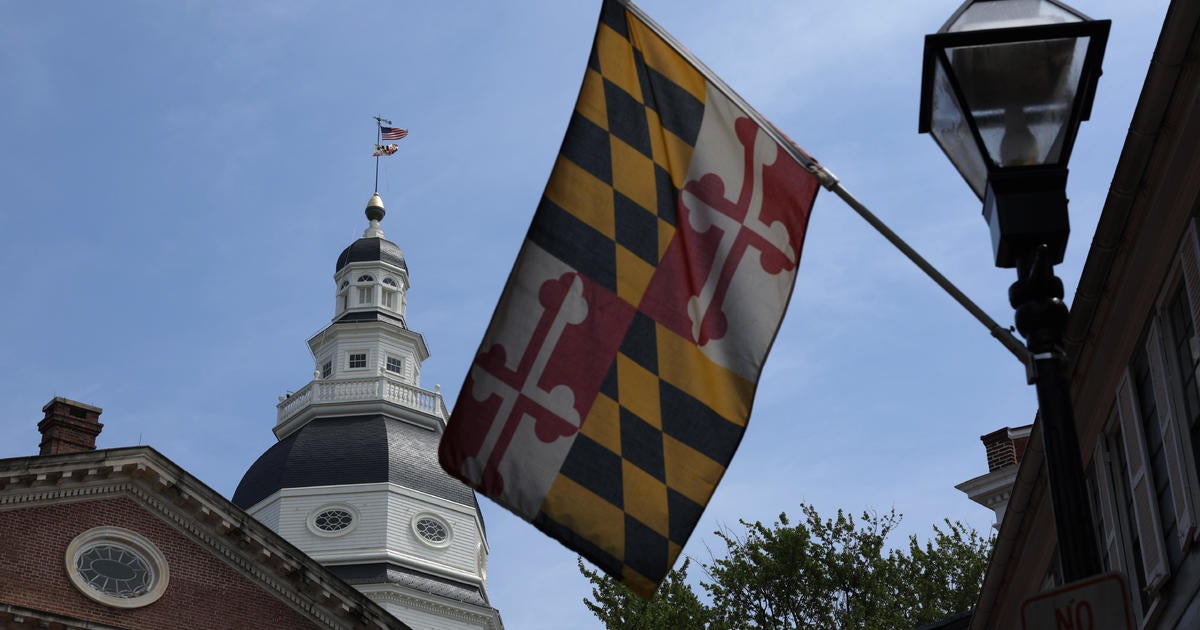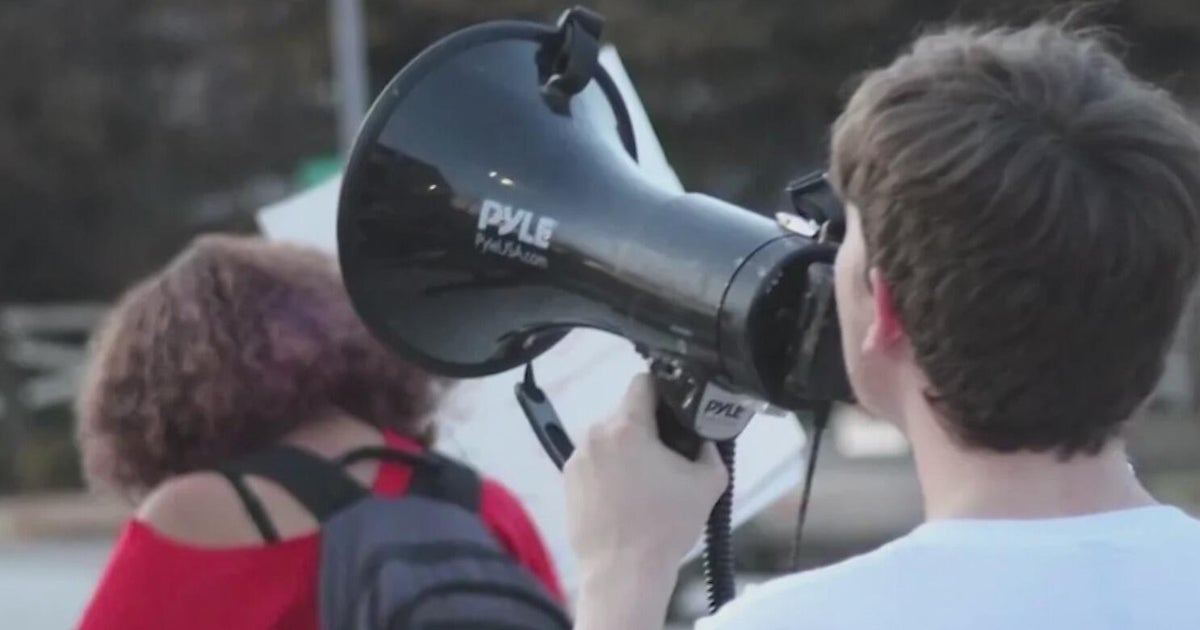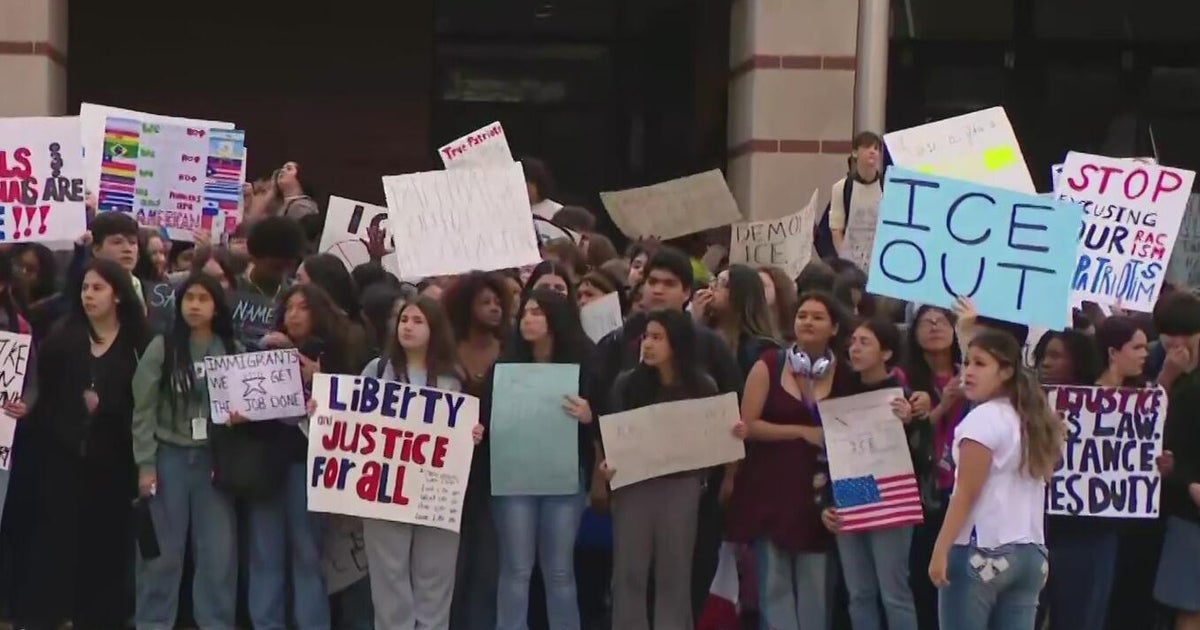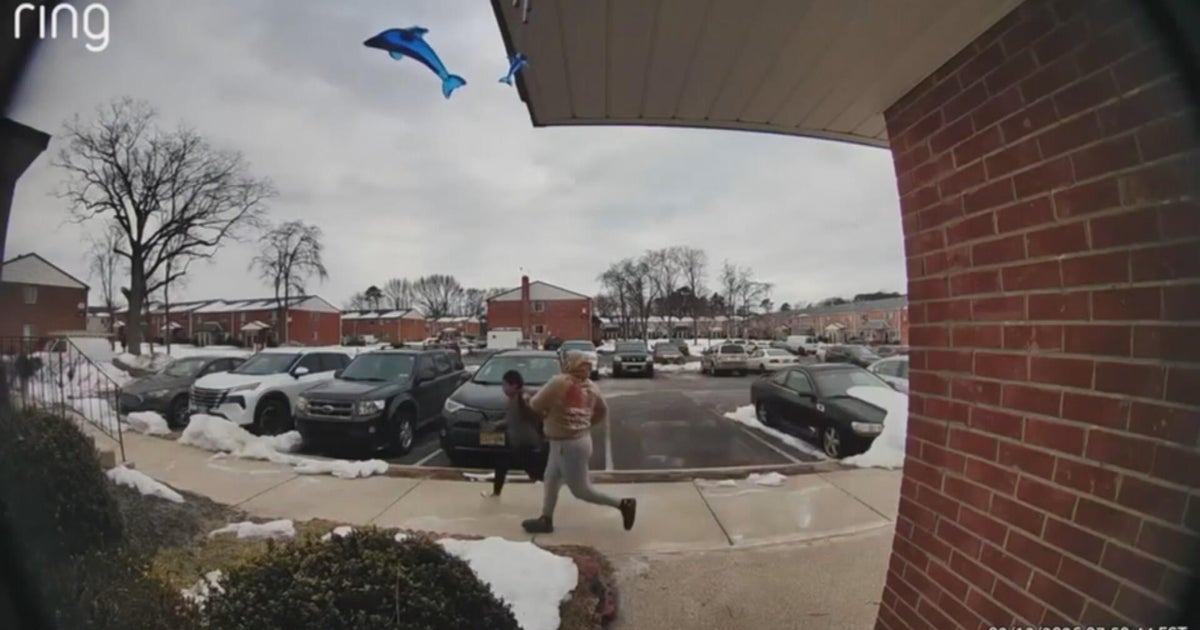Texas Lawmakers Pushing Back On Gov. Perry In 2013
AUSTIN (CBSDFW.COM/AP) — Governor Rick Perry revved up for a presidential bid in 2011 by showing the country who's boss in Texas: He slashed spending, tightened abortion restrictions and declared illegal immigration a state emergency.
He's not calling the shots anymore.
A year after Perry's run for the White House flamed out, the Republican-controlled Texas Legislature is showing signs of defiance in a series of votes that push back against Perry's authority — a poke in the eye of the 12-year governor.
In recent weeks, the Texas House and Senate have approved separate budget plans that increase spending and put some money back into public education, something Perry said the state spends plenty on. The Senate has endorsed a proposed constitutional amendment calling for term limits for statewide office holders and voted to audit Perry's pet Texas Enterprise Fund, which the governor has used for the last decade to give $485 million to private companies looking to expand or relocate in the state.
And members in both chambers have gone on the offensive in challenging Perry's political appointments to the University of Texas System regents, part of a power struggle over who governs day-to-day operations of state universities. The Senate recently voted to curtail regents' authority
Those measures aren't law yet, but show legislators are determined to be independent.
Sen. Kevin Eltife, the Tyler Republican who authored the term limits proposal, boldly criticized Perry's tenure as lacking vision on the growing shortages of water and the need to build and improve highways across the state.
"What have we solved in the last 10 years? What can I really stand up and say I'm proud of?" Eltife said. "The problems that I saw when I got to the Senate are still here."
Water and transportation issues have been pushed to the front of the session and have Senate GOP leaders considering spending half of the state's cash reserves, a move that would have been unthinkable in 2011.
All this muscle-flexing by lawmakers, notably Republicans, is the result of not having to curry favor with the man who wanted to be president, Republican political consultant Bill Miller said.
"Last session (Perry) ruled with an iron hand. He was running for president and leading in the polls," Miller said. "Everyone wants to be in favor with the guy who might be president ... now, they are saying 'Alright, the heel is off the back of my neck.'"
Lawmakers are questioning Perry's future plans. He's been governor since late 2000 and has said he'll wait until summer to announce whether he plans to run for a fourth full term in 2014 or launch a 2016 presidential bid.
Whatever Perry decides to do, state Republicans are clearly enjoying the freedom to cast votes and say what they want — up to a point. Despite the voting trends heading into the final weeks of the session, Perry still wields tremendous power in his veto pen.
Perry spokesman Josh Havens downplayed lawmakers' change of attitude this session and noted that every bill must pass Perry's desk before it can become law. Perry also has the power of line-item veto in the budget, where local spending projects can live or die with a single stroke.
"Each session has its own personality and, at the end of the day, the governor will have a chance to review each piece of legislation that the House and Senate send to his desk," Havens said.
And he has been known to have one-on-one visits with some lawmakers about their bills. Perry recently called into his office the House author of the term limits bill, Rep. Lyle Larson, R-San Antonio, for an hour-long chat that Larson called "spirited."
Senate Democrats, who felt bullied by Republicans in 2011, have sided with their GOP colleagues this session in a series of bipartisan votes. Those include Tuesday's 31-0 vote to pull nearly $1 billion from the state's cash reserves in order to partly restore about $5 billion cut from schools two years ago.
Perry has said he doesn't want that money used for public education and two years ago would have fought against such a measure.
"I think the Senate is being collaborative in wanting to make sure its will is heard," said Sen. Kirk Watson of Austin, leader of the Senate Democratic caucus.
Perry has said lawmakers should invest transportation and water projects but he has been mostly quiet since the beginning of the session and stayed clear of the chambers since his State of the State address in January.
Texas' governor has the authority at the beginning of each session to declare a list of "emergency items" that they typically use to establish their agenda. In 2011, Perry's list included the hot-button issues of abortion restrictions, a crackdown on immigrants in the country illegally and requiring voters to show photo identification.
But this year, Perry chose not to issue an emergency items list for the first time in his seven sessions as governor.
Sen. Kel Seliger, an Amarillo Republican and one of the legislative leaders in the dustup with Perry's university regents, said lawmakers have noted the governor's lack of an agenda.
"Perhaps like a lot of us, he's learning and growing," Seliger said. "When a governor designates emergencies, they really should be emergencies."
(©2013 CBS Local Media, a division of CBS Radio Inc. All Rights Reserved. This material may not be published, broadcast, rewritten, or redistributed. The Associated Press contributed to this report.)
Also Check Out:
- Dozens Feared Dead, Hundreds Injured In Fertilizer Plant Explosion
- "Small Amount Of Looting" At Texas Blast Site
- Texas Rocked By Fertilizer Plant Explosion
- Secret Service And Local Police "Ready" For Dedication
- Former Kaufman County JP's Wife Charged With Murder
MOST VIEWED GALLERIES
- PHOTOS: Your Pet Pictures
- PHOTOS: Dallas St. Patrick's Day Parade
- PHOTOS: Pope Francis I







